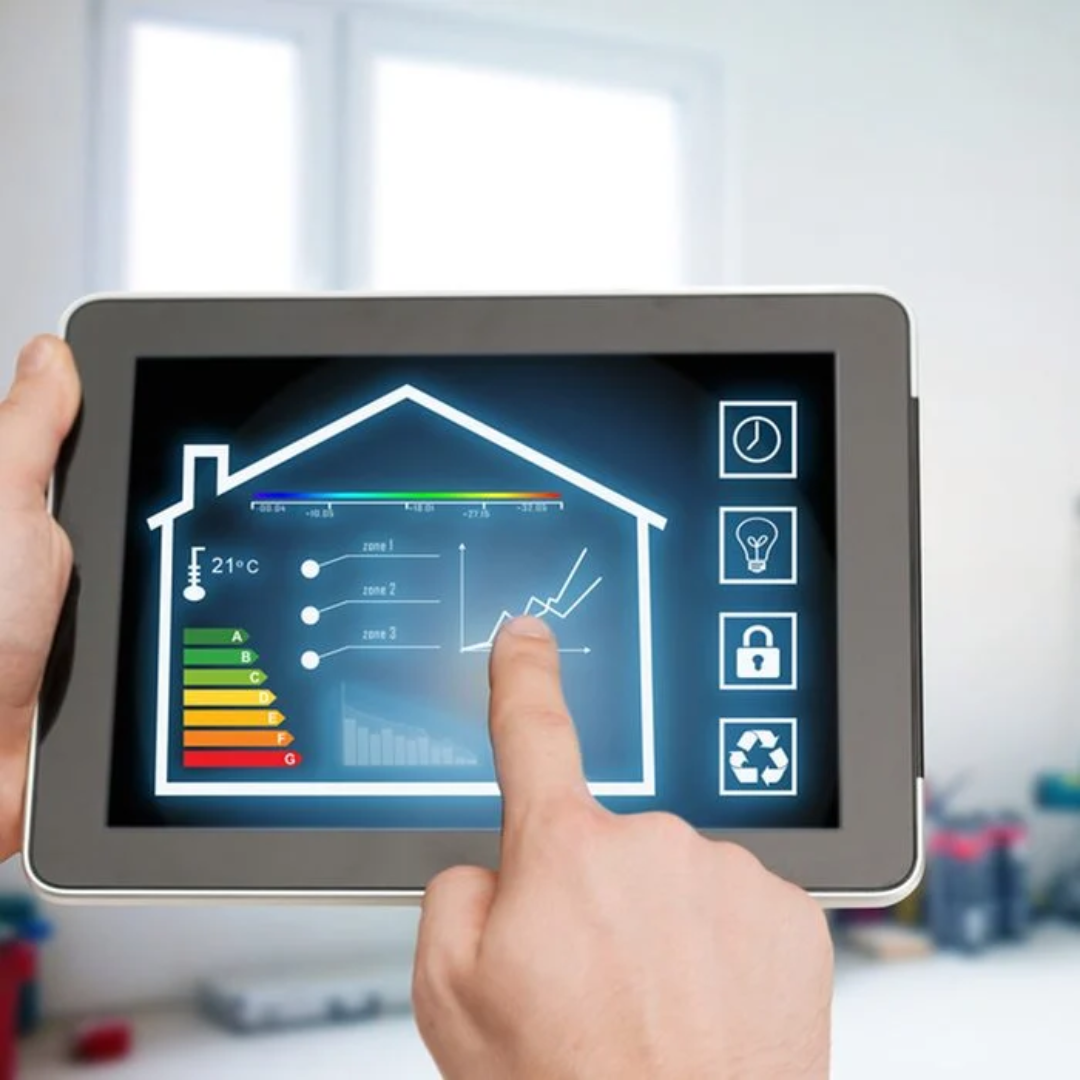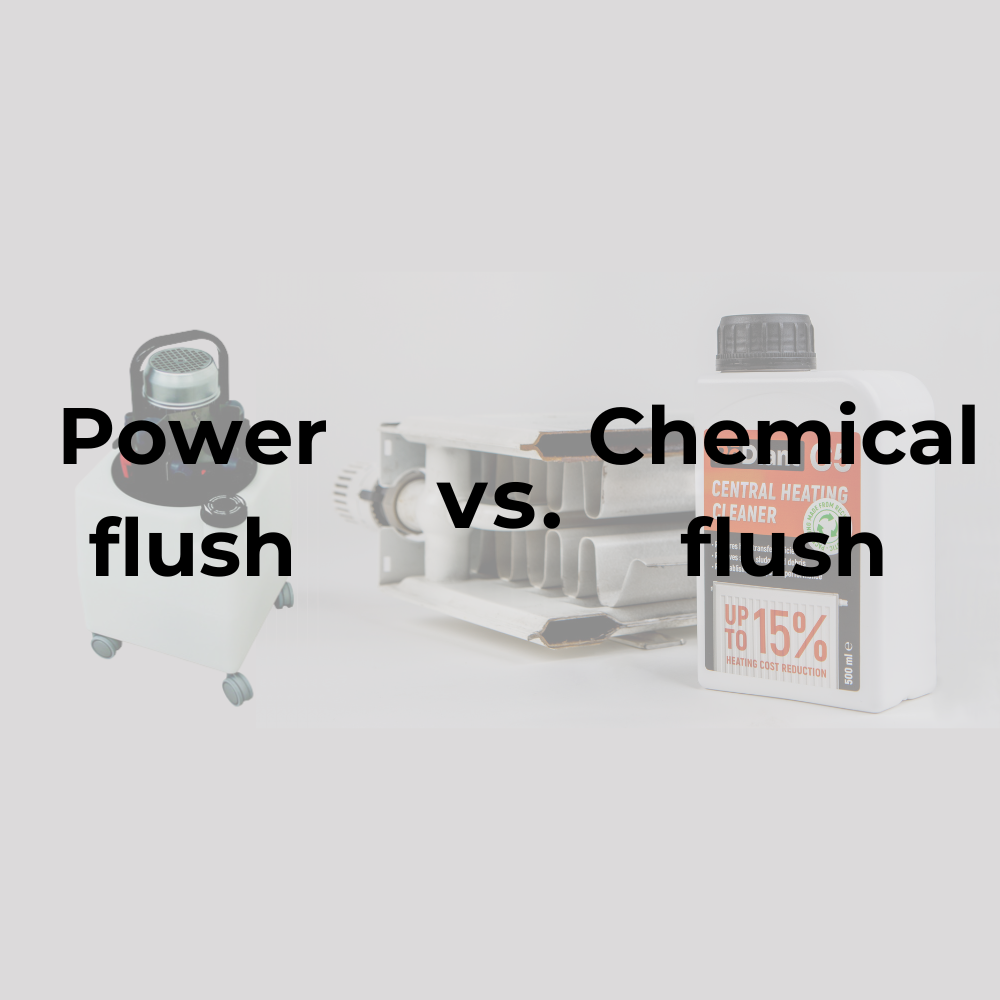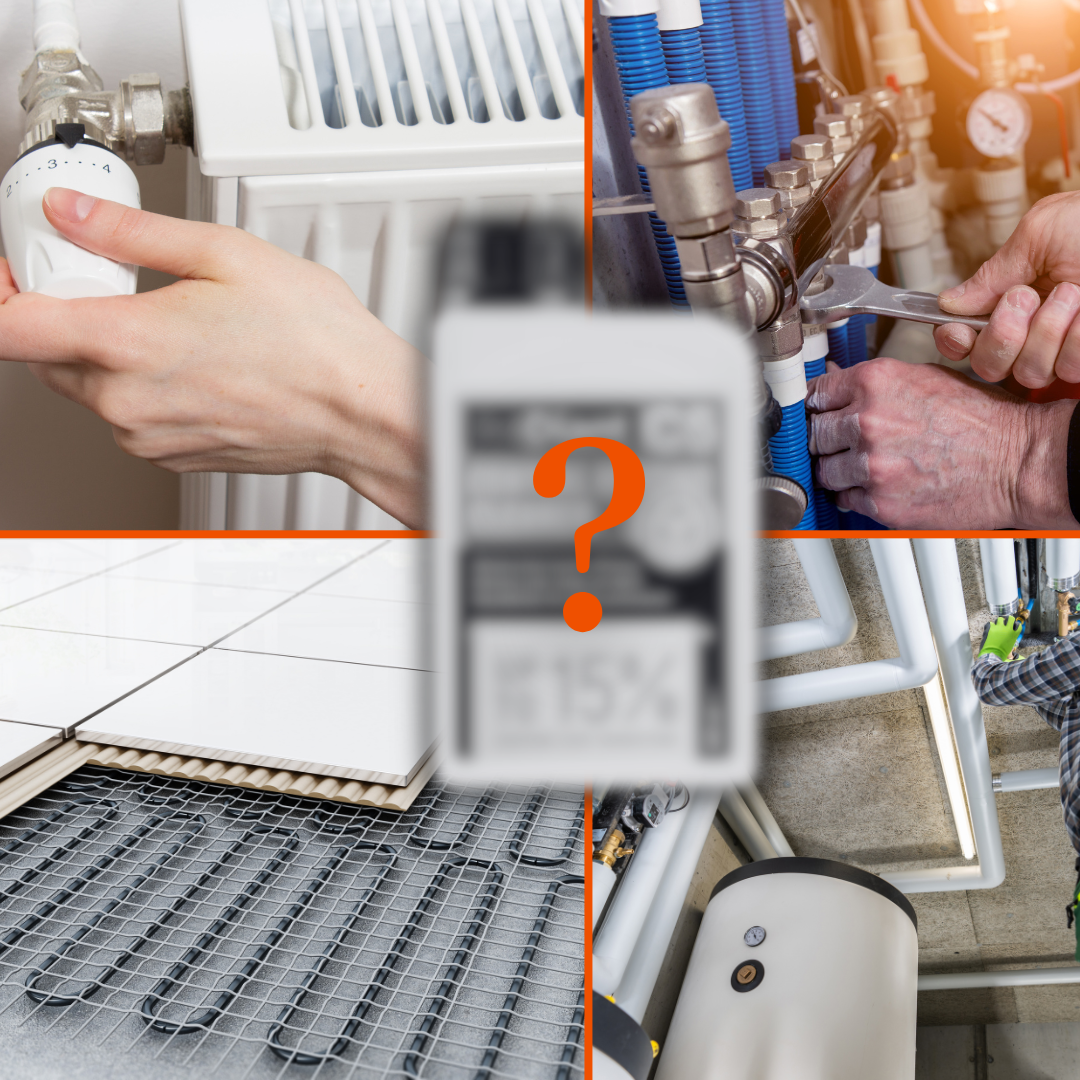Heating technology has evolved significantly in recent years, mirroring the increasing focus on sustainability, efficiency, and innovation. As we step into the future, the landscape of heating technology is undergoing a remarkable transformation, promising enhanced comfort, reduced environmental impact, and unparalleled efficiency.
Innovations Driving Change
Recent strides in heating technology revolve around renewable energy sources, smart systems, and eco-friendly solutions. The integration of renewable energy, such as solar and geothermal, has gained substantial traction. This integration not only reduces reliance on fossil fuels but also paves the way for cleaner and more sustainable heating options.
Smart thermostats and home automation have revolutionized the way we control heating systems. These intuitive systems learn user behaviors, optimize energy usage, and can be remotely controlled through mobile apps, providing unprecedented convenience and energy savings.
The Rise of Sustainable Solutions
The shift towards sustainability has propelled the development of heating solutions that significantly reduce carbon footprints. Heat pumps, for instance, have emerged as a frontrunner in sustainable heating technology. These devices efficiently transfer heat from one place to another, offering both heating and cooling capabilities while consuming minimal electricity.
Furthermore, advancements in biomass boilers and hydrogen-powered heating systems are garnering attention for their potential to revolutionize heating methods without compromising the environment. Biomass boilers utilize organic materials, such as wood pellets or agricultural residues, to generate heat, offering a carbon-neutral alternative to traditional heating methods.
Integration of Artificial Intelligence
Artificial intelligence (AI) is playing an instrumental role in optimizing heating systems. AI algorithms analyze data on weather patterns, occupancy, and user preferences to autonomously adjust heating settings, ensuring optimal comfort while maximizing energy efficiency. Predictive maintenance powered by AI also helps in identifying potential issues before they escalate, reducing downtime and maintenance costs.
Addressing Energy Efficiency
Efficiency remains a cornerstone in the evolution of heating technology. Innovations in insulation materials and designs are enhancing the performance of heating systems by minimizing heat loss. Additionally, the development of hybrid heating systems that combine multiple technologies, such as solar panels with heat pumps or traditional boilers, is gaining momentum, offering versatile and highly efficient solutions.
The Role of Internet of Things (IoT)
The Internet of Things is fostering a connected ecosystem wherein heating systems interact seamlessly with other devices and systems within a home. IoT-enabled sensors monitor temperature variations, humidity levels, and energy consumption, allowing for precise adjustments and informed decision-making. This interconnectedness not only enhances user experience but also contributes to energy savings and system efficiency.
Looking Ahead
The future of heating technology is poised to be more sustainable, efficient, and intelligent than ever before. Embracing these advancements will not only redefine comfort standards but also drive a significant reduction in greenhouse gas emissions, aligning with global efforts to combat climate change.
As consumers increasingly prioritize eco-conscious solutions, the industry will continue to innovate, bringing forth cutting-edge technologies that marry comfort with sustainability. Collaborations between technology firms, energy experts, and environmentalists will propel the evolution of heating technology, promising a future where warmth comes hand in hand with environmental responsibility.
In conclusion, the future of heating technology holds immense promise, offering a blend of sustainability, efficiency, and comfort. Embracing these advancements will not only redefine how we stay warm but also contribute significantly to a more sustainable and environmentally conscious world.



